Atmosphere at the plenary of the ongoing national conference was tensed on Tuesday, as delegates engaged in heated debates over recommendations proposed by the committee on devolution of power.
Earlier on Monday, a consensus could not be reached, as co-chairmen of the committee – Obong Victor Attah, a delegate from south-south; and Ibrahim Coomassie, head of the northern delegation – presented their report.
Delegates divided along ethnic lines almost resorted to open confrontation over contentious issues, such as resource control, derivation principle, revenue sharing, and the development and exploitation of mineral resources across states of the nation.
While most delegates from the south-south and south-east wanted derivation to increase from 13 percent to between 21.5 and 50 percent, those from the north totally rejected the idea, describing 13 percent as outrageous and demanding a reduction.
Advertisement
Each delegate, depending on his or her state of origin, wanted considerable level of control of resources in view of the adoption of true federalism by the conference.
Chairman of the conference and former chief justice of Nigeria, Idris Kutigi, not only had to convince the delegates on the need to vote on contending issues, he declared a 30-minute break to calm frayed nerves and also enable them consult with one another.
By the time the break elapsed, five transparent ballot boxes had been placed in front of the hall and voting expected to commence.
Advertisement
“Delegates, if you observe, you will see some ballot boxes in front of you. They are not meant to intimidate you, so don’t be intimidated,” he said.
“They are to be used to vote on contentious issues that we cannot reach on consensus. We hope that we will reach decisions based on consensus as much as possible, but when need be, we will vote using the ballot boxes.”
The situation then assumed another dimension when Ike Nwachukwu, leader of the south-east delegation, moved a motion for adjournment to Wednesday.
Nwachukwu said that the leaders of the six geo-political zones had been meeting to reach a consensus on the report of the committee.
Advertisement
His adjournment was unanimously supported by the delegates.
Adopting it, Kutigi said the adjournment would enable delegates interact, lobby and possibly negotiate in order to arrive at ways of amicable resolving the contending issues.
1 comments

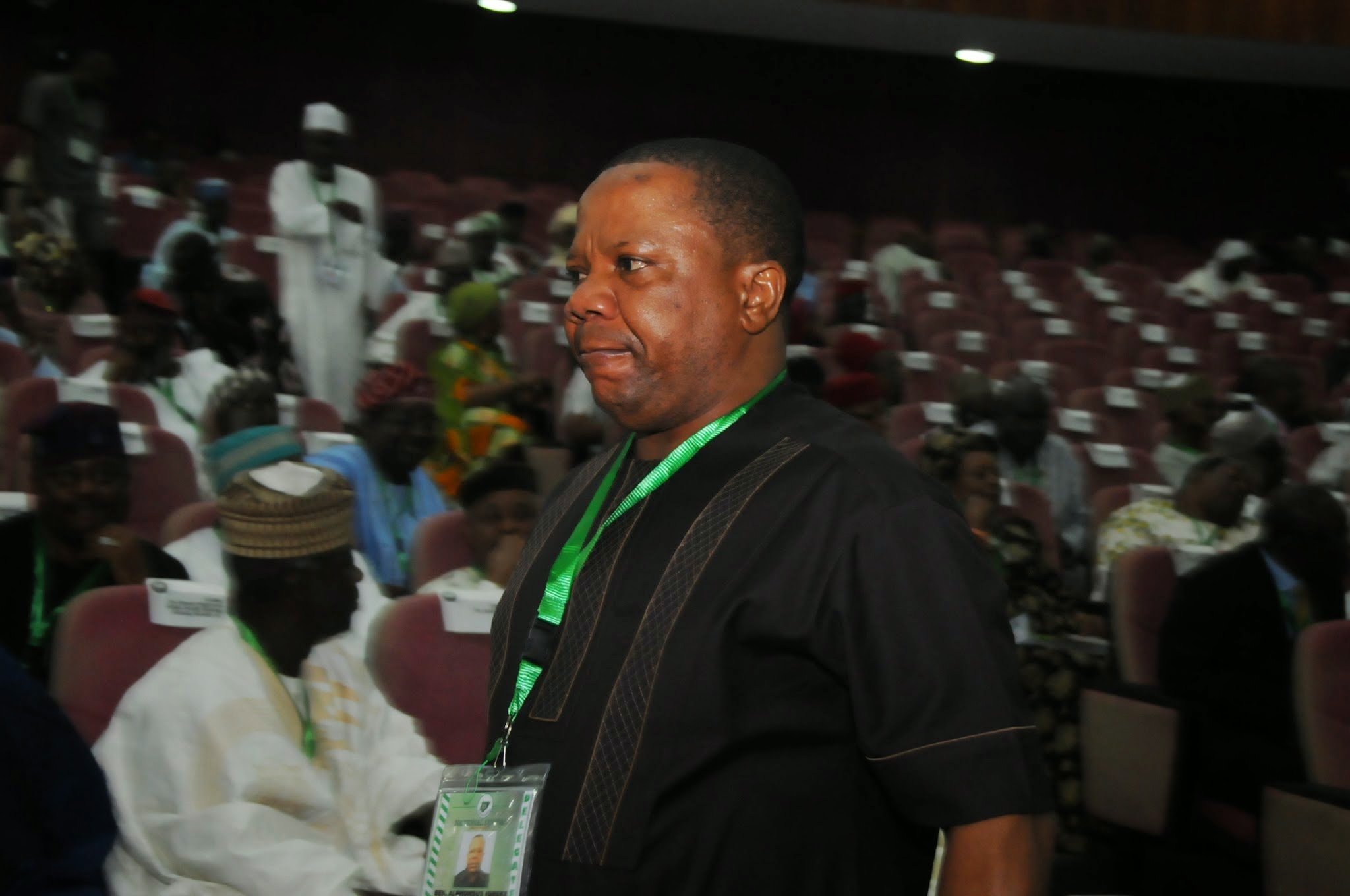
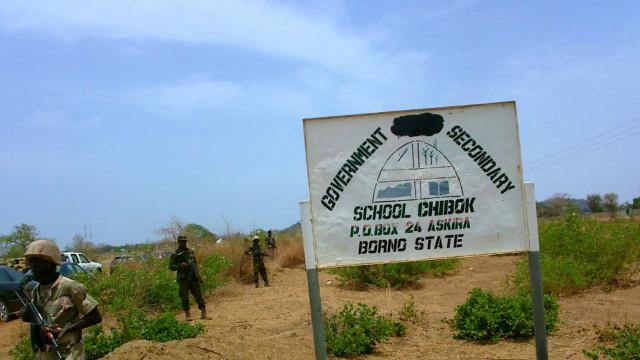
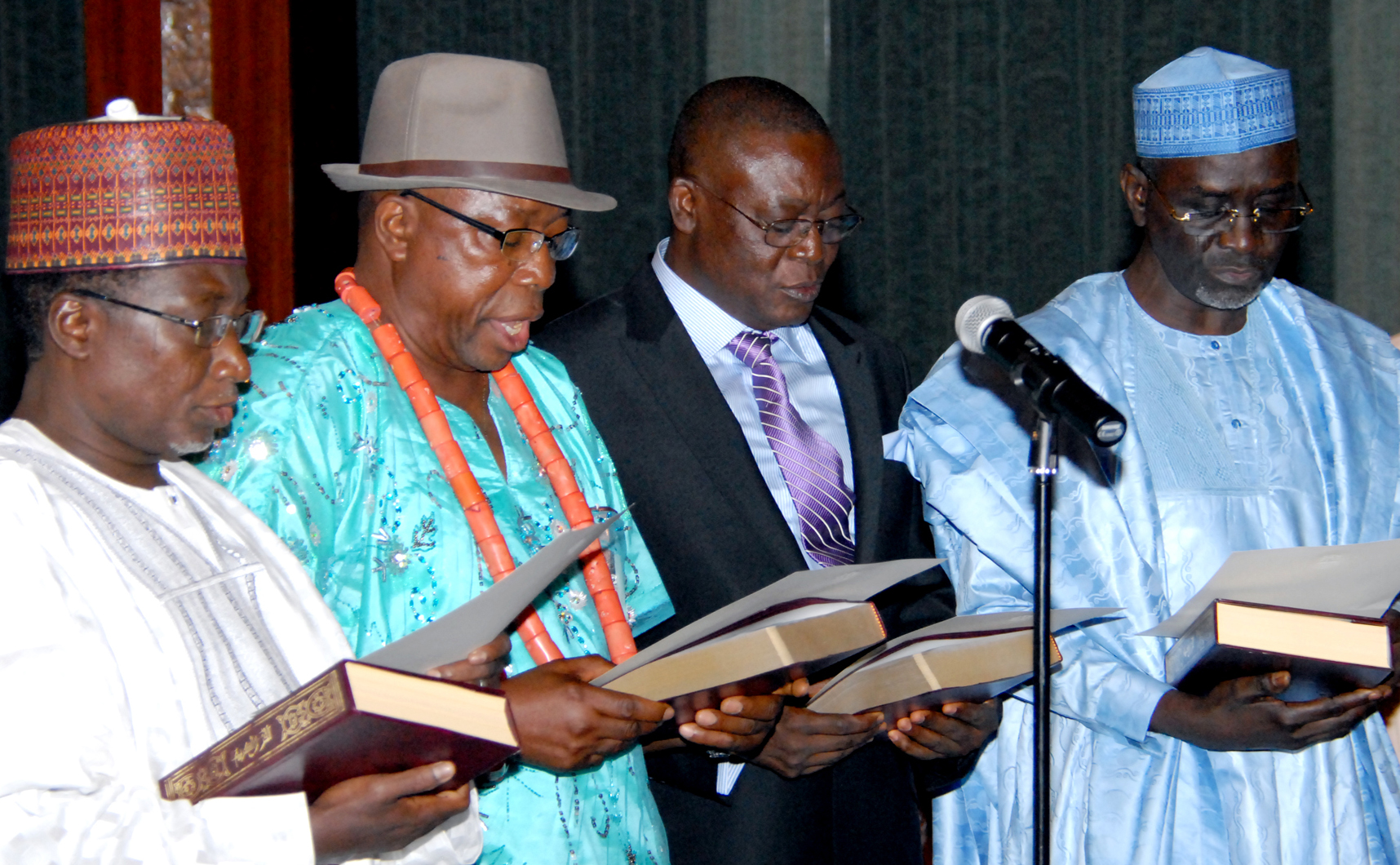
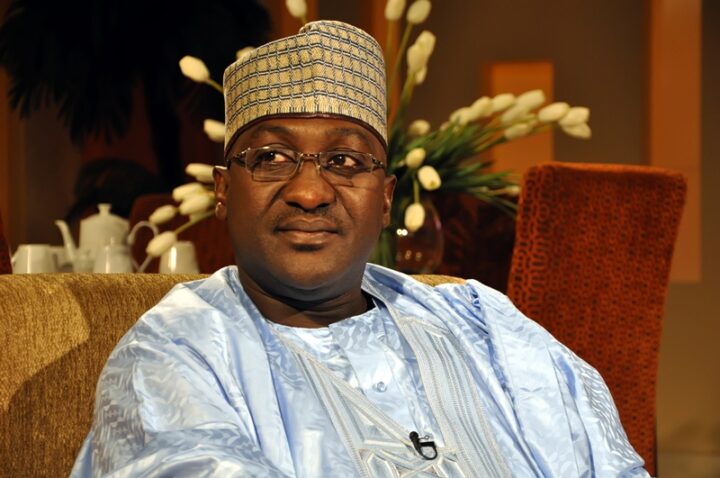
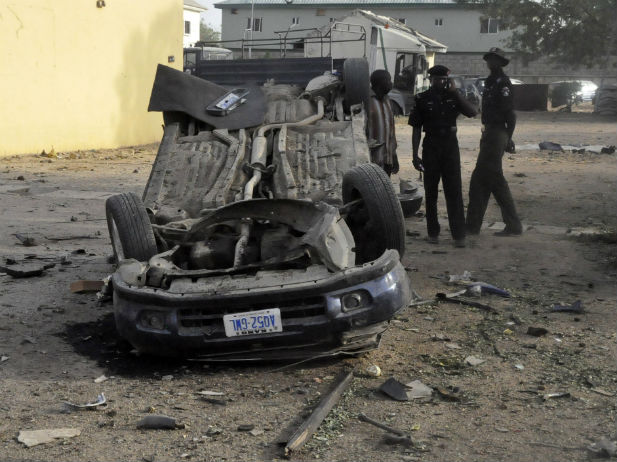
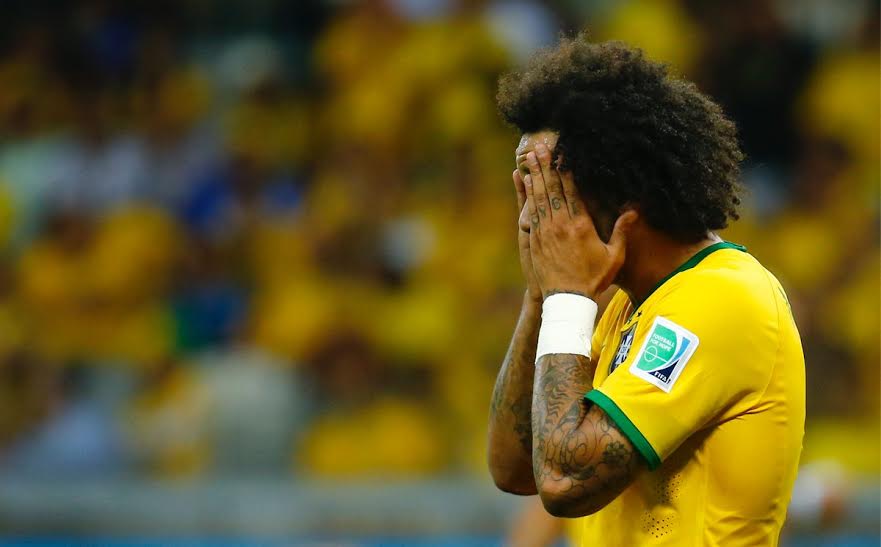
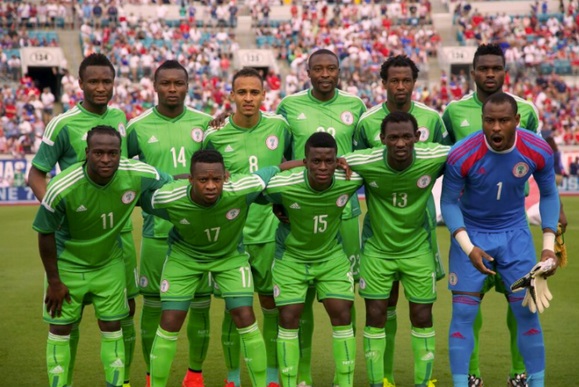
The National Conference can not solve Nigeria’s problems because the people there are the ones that created and are perpetuating the problems. Every single delegate was nominated and the vast majority were sent by their interest group(region/state/ethnic group) to defend and advance their position, regardless of how it affects Nigeria. I’ve often said I disagree with such conference for now because the people existing in Nigeria for now have not reached the political maturity to hold such conference. In my estimation, at the pace of our movement, it would take several generations for us to reach the point when we can…and the shocker is that we would then realise there is no need for it because it would then be seen that our problems all along are our human failings.
I have talked a lot but my narrative is so different no one wants to listen since no one ever heard of me. If you keep bringing known names who were in charge of an aspect of the country in the past and brought us to where we are today, there will be no improvement in the country. Argue on the basis of ideas people have and not whether they are men of “timber and calibre” and you will turn Nigeria around in two generations or slightly less. Are we willing to do that? We don’t know what we’re joking with.